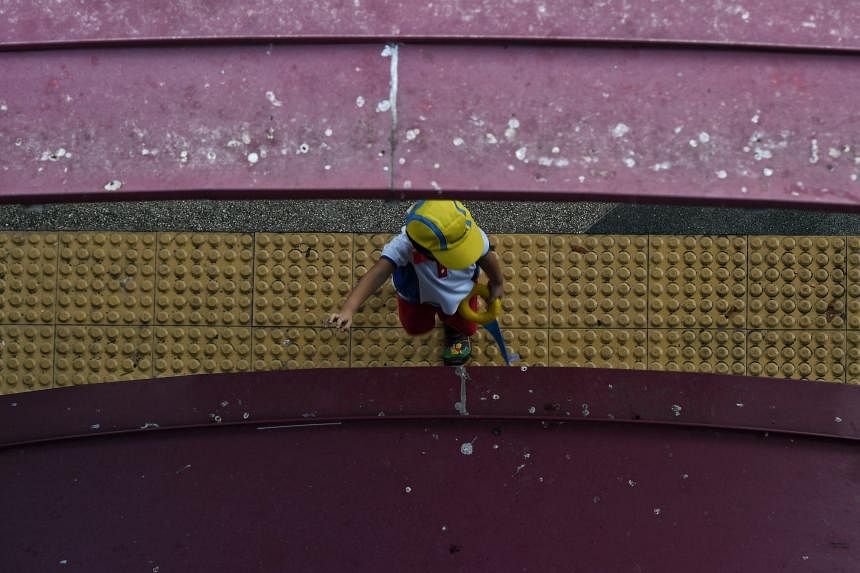In the light of the Early Childhood Development Agency’s recent statement on Kinderland, there is a pressing need to emphasise the establishment of safe spaces for open dialogue between parents and pre-school teachers (Kinderland fined $10k over cases of ill-treatment, Feb 20).
As a former Families for Life council member and a parent of three teenagers who were once enrolled in pre-schools, I understand the valid concerns parents have regarding their children’s safety in such environments.
Naturally, parents worry about their child’s well-being, particularly considering the substantial amount of time they spend in pre-school.
Despite vigilant supervision by teachers, parents and caregivers, unforeseen or accidental injuries can still occur, as my own children’s experiences have demonstrated. These incidents are inherent aspects of a child’s growth and learning journey.
Nevertheless, I recognise that a parent’s initial instinct is to seek answers and redress for their child. However, it is crucial for parents to also listen to various perspectives when issues arise, rather than immediately assigning blame.
I have emphasised to my children from a young age the importance of understanding and prioritising collaborative problem-solving, as they have had to navigate conflicts among siblings and disputes on the playground. By considering multiple viewpoints (understanding), we can work towards solutions that benefit all involved parties (collaboration).
One common question I receive from fellow parents is how to encourage their children to share more of their lives. My advice is to create a safe space at home, where children feel secure and supported without fear or judgment.
This principle applies to the parent-pre-school-child relationship as well. When children, parents and teachers feel comfortable sharing their perspectives, we can create an environment where concerns are effectively addressed, and solutions are implemented for the benefit of everyone.
To build such dynamics, parents should view pre-schools or educators as partners with trusting relationships, rather than service providers with a paid service.
Let’s cultivate a collaborative environment among parents and educators. Parents must recognise that children’s behaviours are largely shaped by parents at home.
Parents and educators should forge a common understanding on the development of the child and the support needed, instead of pointing fingers and allocating blame.
By acknowledging concerns, listening to various perspectives, and nurturing healthy relationships, we can work towards creating an environment where every child feels safe, valued and supported.
Kelvin Ang Choon Meng

